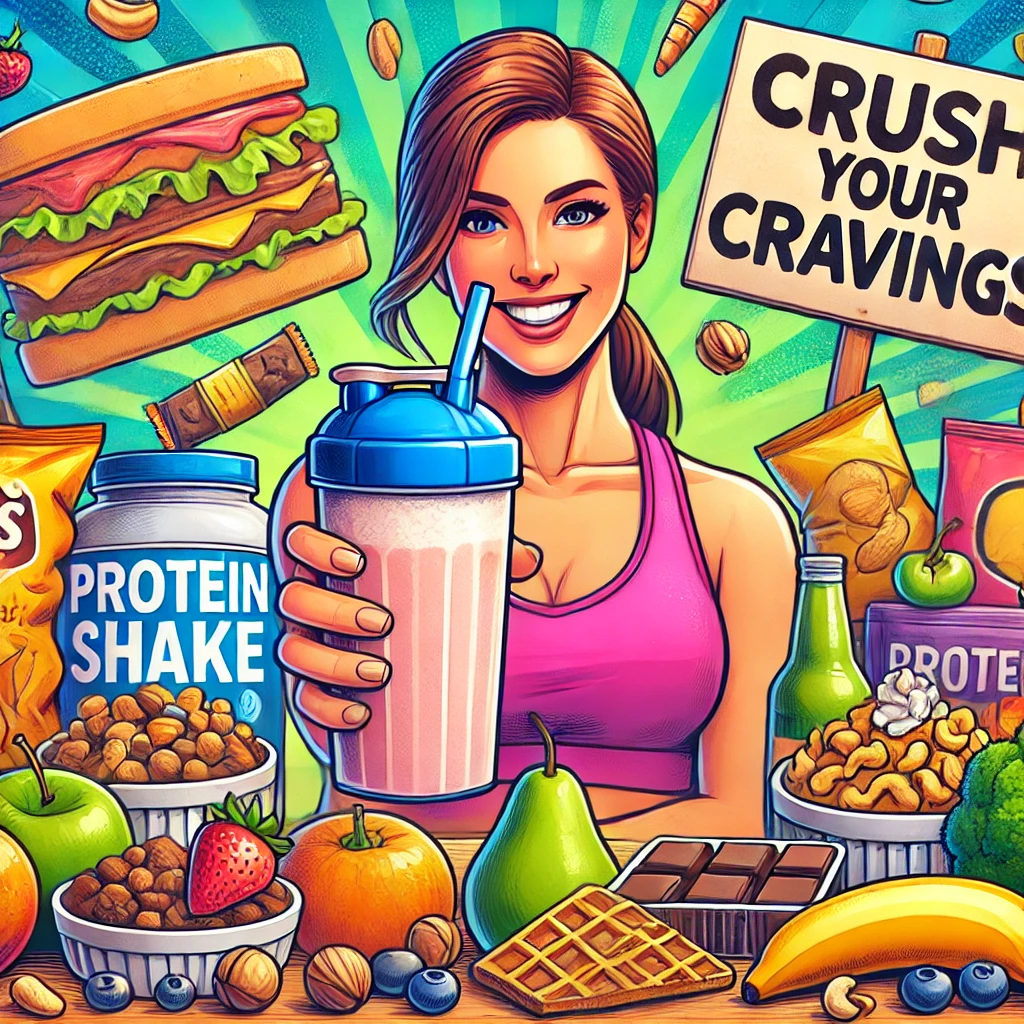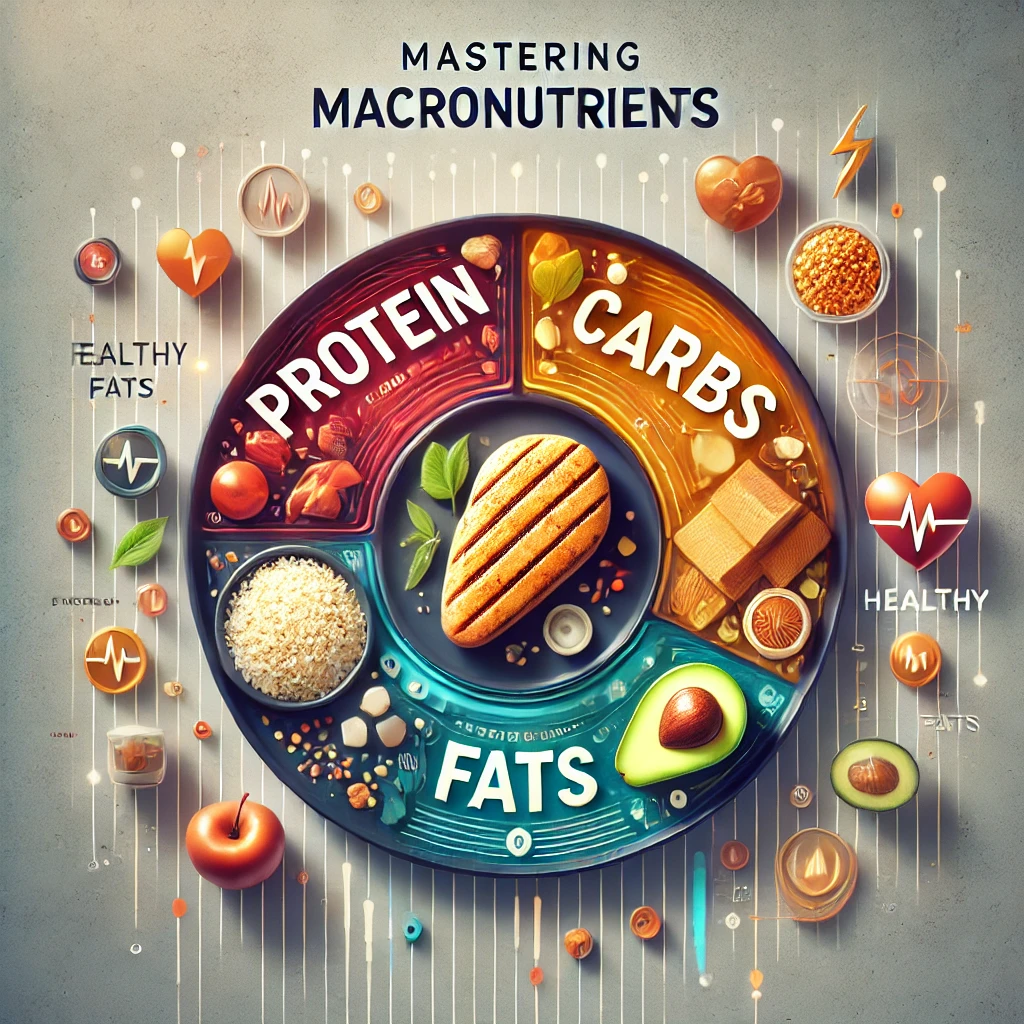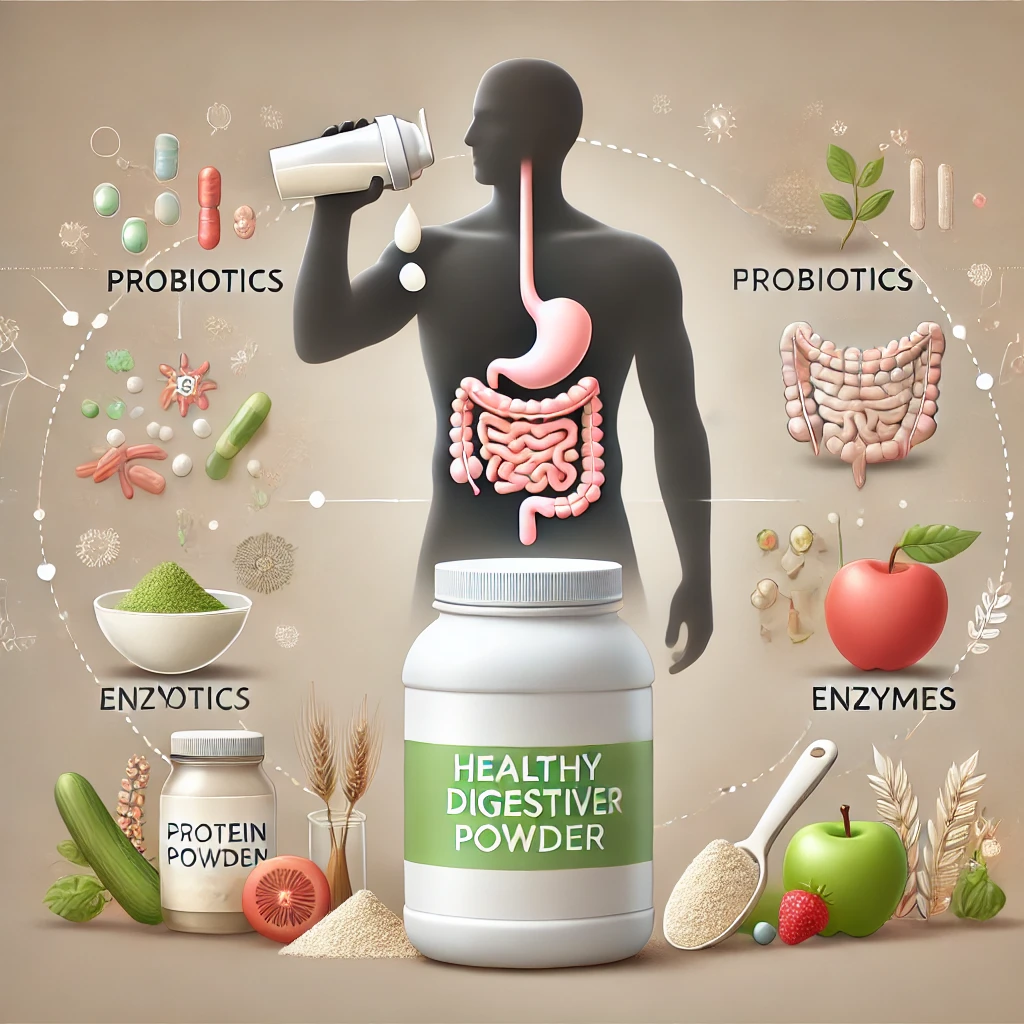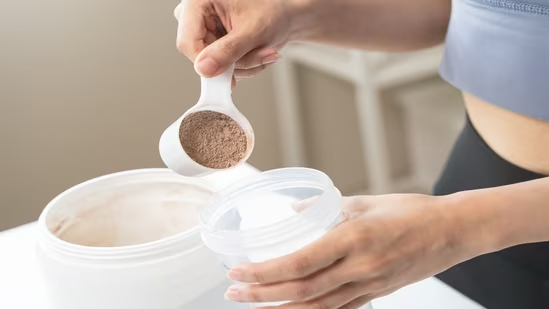Cravings and snacking can feel like a constant battle, especially when you’re trying to maintain a healthy lifestyle. For many, the hardest part of sticking to a nutritious diet isn’t the main meals—it’s those pesky cravings for salty chips or sugary treats in between. However, there’s a secret weapon that can help you tackle those cravings head-on: protein powder. In this article, we’ll explore how protein powder can help curb unhealthy cravings, prevent snacking, and share real-life success stories of people who’ve transformed their eating habits.
Table of Contents
Understanding Cravings and Snacking

Before we dive into the role of protein powder, let’s take a moment to understand cravings and snacking. Cravings are often triggered by a variety of factors—emotions, stress, hormones, or even just boredom. Sometimes, they’re your body’s way of signaling a nutritional deficiency, but more often than not, they’re tied to psychological or habitual triggers. Snacking, while sometimes helpful, can easily turn into unhealthy munching on high-calorie, low-nutrient foods.
Uncontrolled cravings can sabotage weight management efforts and make it harder to stick to a healthy diet. That’s where protein steps in.
The Power of Protein in Reducing Cravings

Cravings can be one of the biggest hurdles when trying to maintain a healthy diet, but protein offers a powerful solution to this problem. Let’s explore how protein plays a key role in reducing cravings and why it’s so effective at keeping hunger at bay.
Why Protein Is Important for Satiety
Satiety refers to the feeling of fullness after eating, which helps prevent overeating and constant snacking. Protein is a macronutrient that stands out for its ability to promote satiety better than fats or carbohydrates. When you consume protein, it takes longer for your body to digest compared to carbs, which means you stay full for a longer period after a meal. This reduces the likelihood of reaching for snacks between meals.
In addition to slowing digestion, protein also triggers the release of peptide YY, a hormone that signals fullness to the brain. This hormone helps reduce appetite and makes it easier to avoid unnecessary snacking. Whether it’s through a meal or a protein shake, adding more protein to your diet can help you manage your hunger more effectively.
How Protein Affects Hunger Hormones (Ghrelin and Leptin)
Protein also plays a crucial role in regulating the two key hunger hormones in the body: ghrelin and leptin.
- Ghrelin is often called the “hunger hormone” because it signals to your brain that it’s time to eat. Protein helps suppress ghrelin levels, which reduces feelings of hunger. When your ghrelin levels are lower, you feel less inclined to snack or indulge in cravings.
- Leptin is the hormone responsible for signaling fullness. Higher levels of protein in your diet enhance leptin sensitivity, making your brain more responsive to the signal that you’re full and don’t need to eat more.
By balancing these two hormones, protein can naturally curb cravings and help you maintain control over your appetite.
Protein vs. Carbohydrates: Which One Helps More in Controlling Cravings?
When it comes to managing cravings, protein has a clear advantage over carbohydrates. Carbs, particularly refined ones like white bread, pastries, and sugary snacks, tend to provide quick energy but are digested rapidly. This fast digestion leads to a spike in blood sugar levels, followed by a sharp drop, leaving you feeling hungry and craving more food shortly after eating.
On the other hand, protein doesn’t cause such rapid changes in blood sugar. Instead, it digests slowly, providing a more sustained source of energy and preventing the blood sugar highs and lows that often lead to cravings. In this way, protein helps you stay satisfied longer and keeps your hunger in check far better than carbohydrates.
How Protein Powder Works to Curb Cravings
Protein powder is a convenient and effective way to get the protein your body needs without the hassle of preparing a meal. Here’s how it helps curb cravings:
- Slows Digestion: Protein powder, especially when mixed with other foods like oats or fruits, takes time to digest, keeping you satisfied for longer.
- Reduces Blood Sugar Spikes: It prevents the rapid rise and fall of blood sugar levels, which are often responsible for energy dips and cravings for sugary snacks.
- Portable and Easy: When you’re on the go, it’s much easier to whip up a quick protein shake than to prepare a balanced snack, making it a great tool to prevent unhealthy snacking.
The Science Behind Protein and Appetite Control
Scientific studies back up the effectiveness of protein in reducing cravings. Research has shown that people who increase their protein intake experience fewer hunger pangs and are less likely to reach for high-calorie snacks. A high-protein diet can also help reduce late-night cravings, which are a common struggle for many.
Additionally, protein plays a key role in stabilizing blood sugar levels, which can help reduce the rollercoaster of energy highs and lows that lead to cravings.
Choosing the Right Protein Powder for Craving Control
Not all protein powders are created equal. There are several types to choose from, including whey, casein, and plant-based options like pea or soy protein. Whey protein is fast-digesting and great for post-workout recovery, while casein digests slowly, making it a good option for curbing nighttime cravings.
If you’re aiming to control cravings, you might want to consider a blend of whey and casein, or opt for casein if you struggle with late-night snacking. Plant-based protein powders can also be effective, especially if you’re lactose intolerant or prefer a vegan option.
When to Use Protein Powder to Reduce Cravings

Timing can play a big role in how effective protein powder is in curbing cravings. Here are some ideal times to take it:
- Morning: A protein-packed breakfast sets the tone for the day and helps prevent mid-morning snacking.
- Post-Workout: After exercise, your body craves nutrients to recover. A protein shake can prevent hunger spikes and keep you satisfied until your next meal.
- Before Bed: Casein protein, in particular, is great for curbing late-night cravings because it digests slowly and keeps you full overnight.
Delicious Ways to Incorporate Protein Powder into Your Diet
Gone are the days when protein powder meant a bland shake. Today, you can get creative with how you use it:
- Protein Shakes: Blend it with almond milk, berries, and spinach for a nutrient-packed smoothie.
- Oatmeal: Stir a scoop of protein powder into your morning oats for extra staying power.
- Protein Bites: Mix it with oats, peanut butter, and honey to create delicious energy bites.
Success Stories: Real People Who Transformed Their Lives with Protein Powder
Here are some real-life testimonials from individuals who’ve successfully curbed cravings using protein powder.
Jenny’s Story: Breaking the Sugar Addiction with Protein Powder
Jenny had a notorious sweet tooth, constantly craving sugary treats throughout the day. After replacing her afternoon snacks with a protein smoothie, she noticed a significant reduction in her sugar cravings. Over time, Jenny’s energy levels improved, and she even lost a few pounds without feeling deprived.
Mike’s Transformation: Controlling Late-Night Cravings
Mike struggled with late-night snacking, which led to weight gain and restless sleep. By incorporating a casein protein shake into his nighttime routine, he found that his hunger pangs disappeared, and he no longer felt the urge to raid the fridge before bed.
Sarah’s Experience: Staying Full Longer with Protein Powder
As a busy professional, Sarah often grabbed whatever snack was handy, leading to poor food choices. After incorporating protein powder into her diet, she found she stayed full longer and was able to make better food choices throughout the day.
Tips for Long-Term Success in Curbing Cravings with Protein Powder
- Be Consistent: Regularly incorporating it into your meals and snacks can help establish healthy eating habits.
- Combine with Healthy Habits: Pair protein powder with regular exercise, hydration, and balanced meals for best results.
- Watch Portions: While protein is essential, don’t overdo it. Stick to recommended serving sizes to avoid unnecessary calorie intake.
Common Myths About Protein Powder and Cravings
Let’s clear up a few misconceptions:
- Myth: This is only for bodybuilders.
Reality: Protein powder is a versatile supplement that can benefit anyone looking to control cravings and improve their diet. - Myth: Too much protein is harmful.
Reality: In moderation, protein is essential for health. Just be mindful of portion sizes.
Frequently Asked Questions
Can protein powder completely eliminate cravings?
No, but it can significantly reduce the frequency and intensity of cravings by keeping you fuller for longer.
How much protein powder should I take to control cravings?
A typical serving of 20-30 grams of protein powder is often sufficient for managing hunger between meals.
Are there any side effects of using protein powder for snacking?
Most people tolerate protein powder well, but excessive use may cause digestive discomfort for some individuals.
Is plant-based protein powder as effective for curbing cravings?
Yes, plant-based protein powders like pea and soy can be just as effective as whey or casein for reducing cravings.
How soon can I expect results from using protein powder to manage cravings?
Many people notice a reduction in cravings within a few days to a week of consistent use.
Conclusion
Protein powder can be a game-changer when it comes to managing cravings and preventing unhealthy snacking. By promoting satiety, regulating hunger hormones, and stabilizing blood sugar levels, it provides a simple yet effective solution to one of the biggest challenges of maintaining a healthy diet. With the right type and timing, protein powder can help you take control of your cravings and transform your eating habits.









